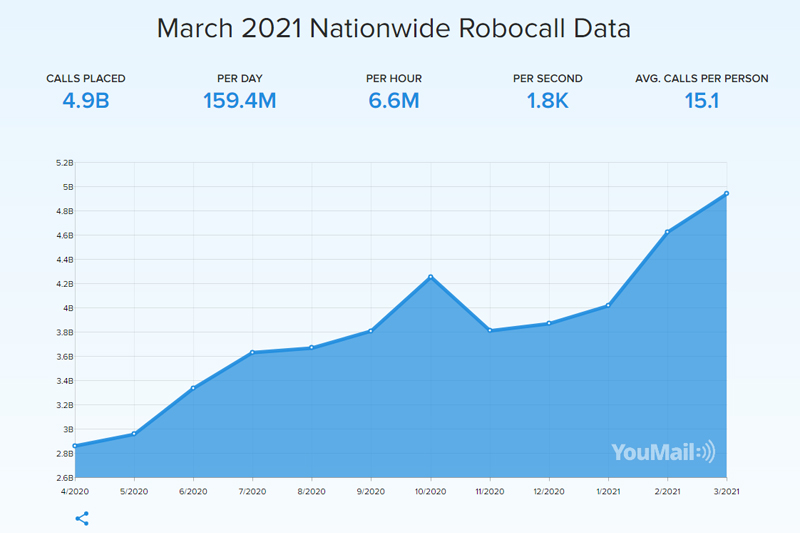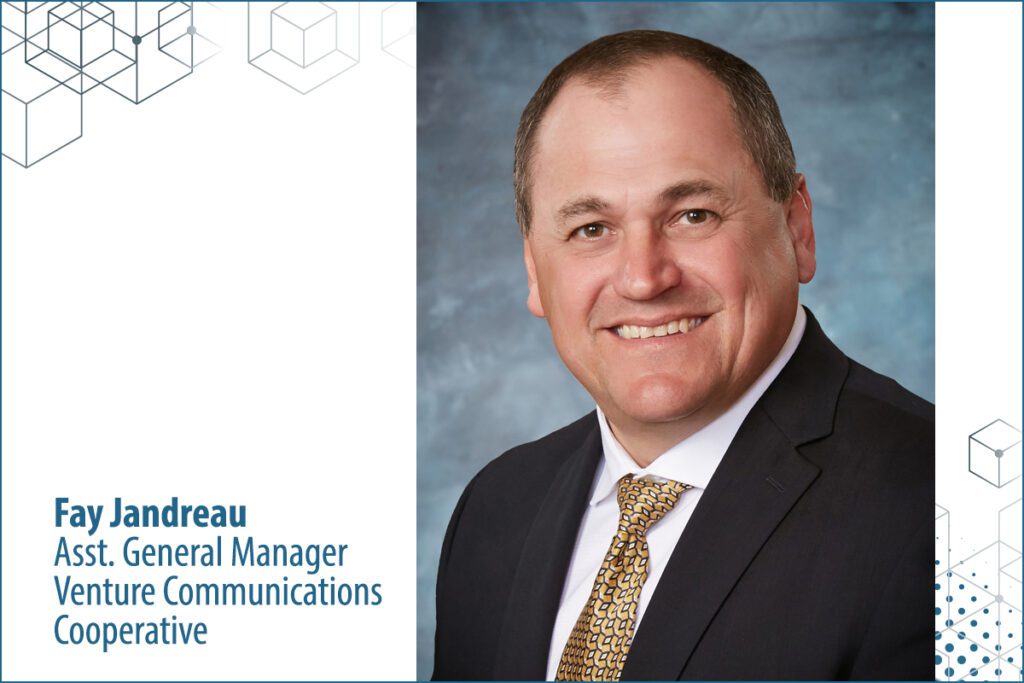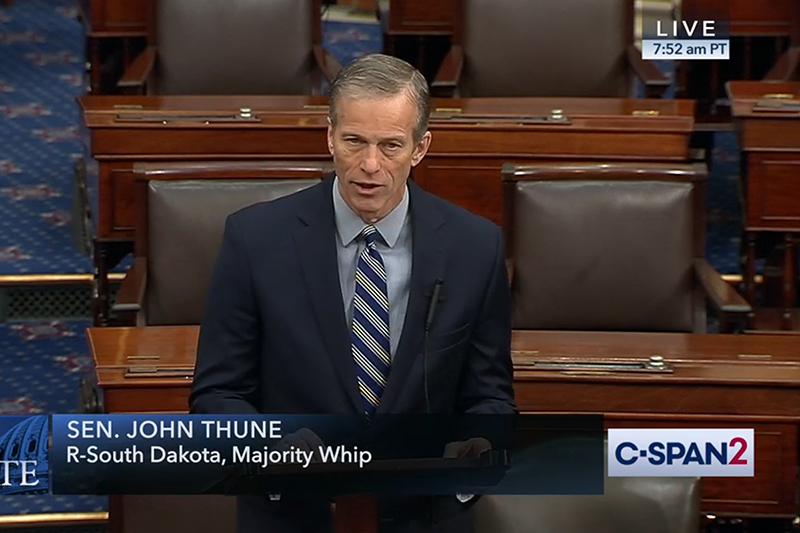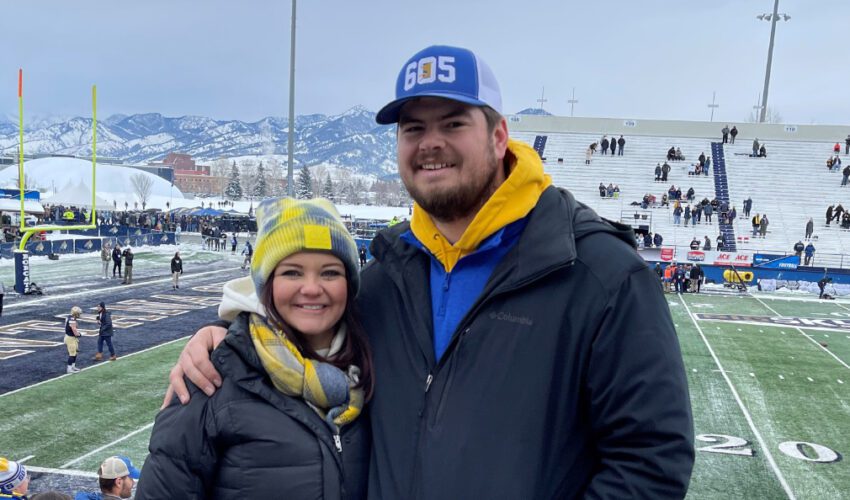Sick of robocalls? They’re about to get shaken and stirred
May 27, 2021
This paid piece is sponsored by SDN Communications.
Don’t recognize the number of that incoming call? Chances are you know exactly what they want. It goes something like this:
“We’ve been trying to reach you about your car’s extended warranty…”
If you’ve simply stopped answering unfamiliar calls, you’re not alone. Robocalls hit phones in the U.S. at a rate of 1,800 calls per second in March. That’s an average of 159.4 million robocalls every day, according to YouMail’s robocall index.
But you’ll soon get some relief. Telecommunications companies such as SDN Communications and its member companies have spent months implementing solutions to eliminate spam and spoofed robocalls for customers, and they’re ready to shake things up.
“Stopping robocalls is a very simple goal,” Fay Jandreau said. “Accomplishing that is a bit more detailed.”
Jandreau is the assistant general manager with Venture Communications Cooperative out of Highmore. Its one of the 17 independent telephone companies of South Dakota that own SDN. His team has been working with SDN’s engineers on robocall mitigation since 2019.
“We saw the regulations coming. And we got SDN involved with the intention of let’s not rebuild the wheel. If SDN can solve this for Venture, maybe they can do so for any one of the other members,” Jandreau said.
The regulation he’s referring to is the TRACED Act, or the Telephone Robocall Abuse Criminal Enforcement and Deterrence Act, which Sen. John Thune co-sponsored and Congress passed in December 2019.
It aims to stop unwanted robocalls by authenticating legitimate calls and holding bad actors accountable. To do that, service providers must put a robocall-mitigation program in place, get certified as a “Good Actor” and listed in an FCC database, and stop accepting traffic from anyone not on that list by June 30.
And just as Jandreau suggested, SDN has centralized the process for its members.
Its telecom engineers chose a system called STIR/SHAKEN, which has nothing to do with the way James Bond takes his martinis. The massive acronym stands for Secure Telephony Identity Revisited and Signature-based Handling of Asserted information using toKENS.
In essence, the telecom company where a call originates verifies that the caller is an authentic number and passes that information along with the call. Legitimate calls are completed.
When robocalls with inauthentic or spoofed data come through, they’re blocked, and the end users don’t know what they’re missing.
Will the TRACED Act completely solve the problem of illegal robocalls?
Thune posed that question on the Senate floor the month after the TRACED Act passed and delivered an honest answer.
Courtesy CSPAN
“No,” he said. “But it will go a long way toward making it safe to answer your phone again. And it will help ensure that those who exploit vulnerable individuals face punishment for their actions.”
“At the end of the day, that’s the only goal we have,” Jandreau said, “to reduce or eliminate the number of robocalls people are receiving.”
Because of their size, SDN’s members qualify for a two-year extension to implement STIR/SHAKEN. But the goal is to have as many member companies as possible configured and 100 percent compliant with the act by the June 30 deadline.
SDN Communications is a leader in providing business internet, private networking and cloud connectivity to businesses and organizations in communities such as Sioux Falls, Rapid City, Worthington, Minn., and the surrounding areas.











